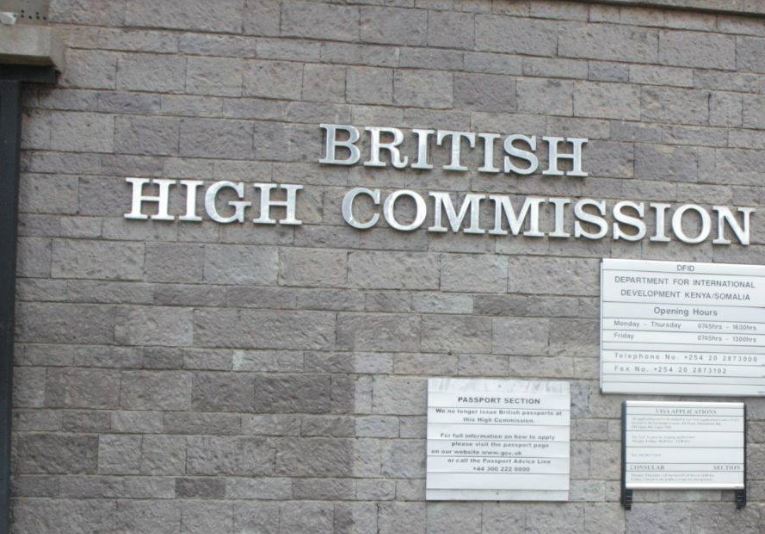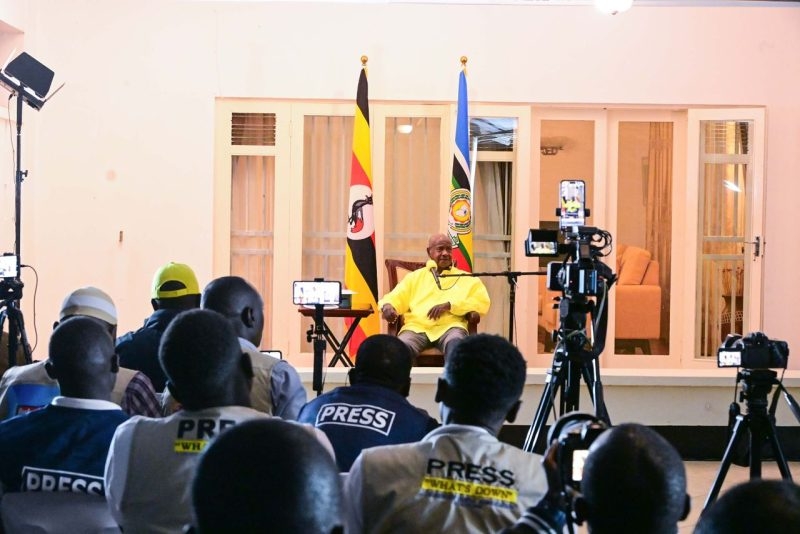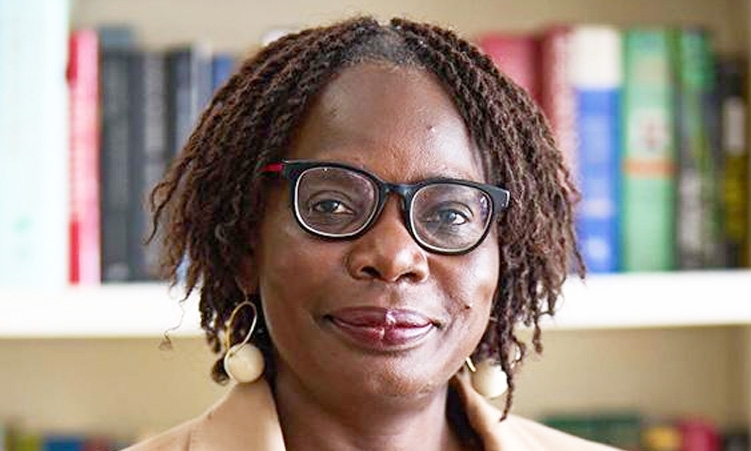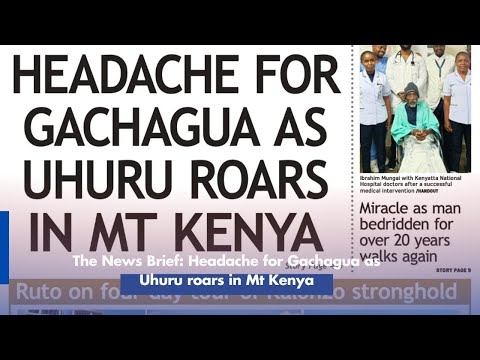

Ojwang was dead in a matter of hours after he was picked up from his home in Homa Bay on Saturday, June 7, driven 400 km to Nairobi, and locked up overnight at the Central police station.
Postmortem examination revealed that he was assaulted and strangled to death, discrediting the initial police narrative that he died from self-inflicted injuries by hitting his head on a wall in his cell.
The manner in which Ojwang died has elicited widespread condemnation and sympathy to his family, with foreign countries joining in condoling with his parents.
The UK government, through its Kenyan embassy, has equally urged for expeditious investigations into the murder.
"The UK passes condolences to the family and friends of Albert Ojwang. We echo calls for a swift, independent, and thorough investigation into his death in custody. Rule of law, accountability, and free speech are vital pillars of any democracy," the UK embassy said in its tribute.
Police on Wednesday owned up to having misled the country on the circumstances under which Ojwang died after both the state pathologist and Independent Policing and Oversight Authority (Ipoa) ruled out suicide as the cause of death.
Inspector General of Police Douglas Kanja, while appearing before the Senate on Wednesday, said the initial statement from his office signed by spokesperson Muchiri Nyaga was based solely on a report from officers at Central police station, which he no longer stood by.
"Based on the report we have now received from Ipoa, it is not true that he hit his head against the wall. I tender my apology on behalf of the National Police Service for that misinformation."
The IG said that once the Ipoa concludes its investigations, officers who were responsible for releasing the initial statement will be held to account.
Already, the OCS at the central police station and junior officers who were on duty, including the cell sentry, have been interdicted.
“If in the ongoing investigations by the Ipoa, we get to know the truth, the officers who released the initial report that we relied upon ... will have to face disciplinary proceedings as provided for in the regulations for providing incorrect information," he said.
Lobbyists and policiticians have continued to mount pressure for Deputy IG Eliud Lagat to resign following Ojwang's death.
Kanja told senators that his arrest was on account of the DIG's complaint to the DCI that the Kiswahili and Religious studies teacher, who doubles as a social media influencer by commenting on topical issues, had defamed him by linking him to corruption.
The official autopsy report by government pathologist Dr Bernard Midia concluded that Ojwang’ died from neck compression (strangulation) and blunt force trauma to the head, not from self-inflicted injuries.
It said there were numerous external wounds on the scalp, face, limbs, and torso—spaced in a manner inconsistent with someone hitting a wall, as claimed by the police.
Dr Midia added that the injury patterns suggest a violent confrontation rather than an accident or suicide.
“The pattern of the injuries on the head was spatially spread, including the face, back, and side of the head. When we tie up together with other injuries that are well spread in the body, including the upper limbs under the trunk, then these are unlikely to be self-inflicted injuries.”
The US Embassy in Nairobi condoled with the family and added its voice to the growing demand for impartial and thorough investigations into the murder.
“Noting concerns around the circumstances of Ojwang’s death, the Embassy supports calls from government, parliamentarians, and citizens for accountability through a transparent investigation.”


















